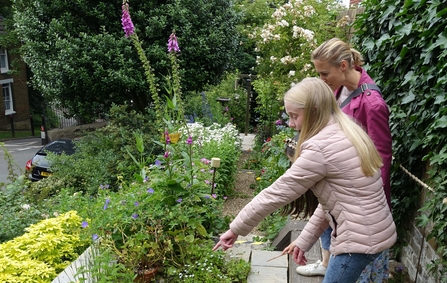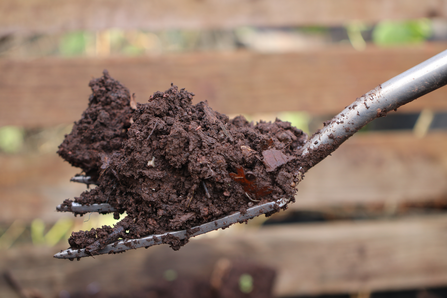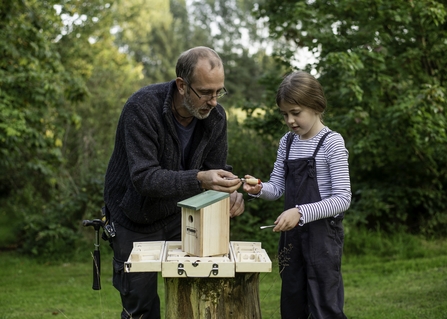With the warmer weather and longer days coming, now is the ideal time to get outside and start working on projects that will benefit the local ecosystem and teach your pupils the importance of conservation. By incorporating sustainable practices and native plant species, you can transform your school grounds into a vibrant, healthy environment that fosters curiosity, learning, and appreciation for the natural world and helps in the fight against the climate and nature crises.
Here are some ways to rewild your school this spring:



